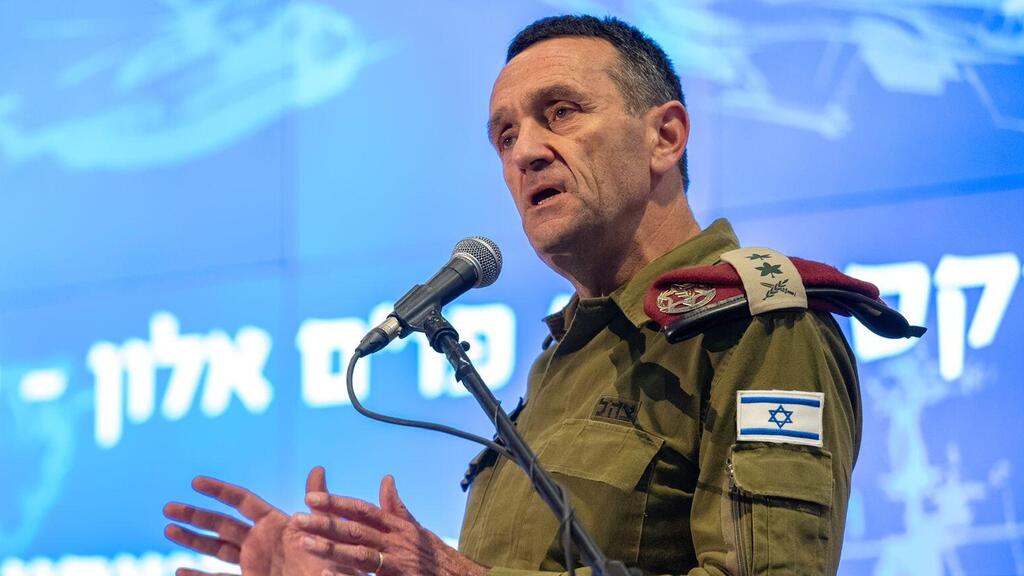Getting your Trinity Audio player ready...
IDF Chief of Staff Herzi Halevi said to senior IDF commanders and his colleagues that he intends to resign due to his role in the failures of October 7, but only once he is confident that the threats from both the north and south to Israeli civilians have been neutralized.
Speaking during the summy of the hostage rescue Arnon operation with security officials, Halevi said he wants to ensure preparations are in place for changes in IDF operations, structure, and equipment. Additionally, he wants to guarantee that residents of the border areas can begin returning home safely, which he estimates will be in the coming months. Only then will he feel ready to step down.
While the Chief of Staff does not publicly discuss a hostage deal, his close associates reveal he believes that, given the achievements of the war, it might be possible to halt operations temporarily to secure the release of all or most of the hostages without compromising Israel's national security.
Critics of Halevi point to several missteps they believe he made. These include not involving senior Military Intelligence officials in discussions about Hamas preparations on the night of October 6-7, failing to ensure further examination of additional intelligence from the Shin Bet, not reinforcing border troops sufficiently, and being part of the misguided belief that Hamas was deterred and that Yahya Sinwar was focused on improving the welfare of Gaza residents. Halevi had been a proponent of this belief since his days as head of the Southern Command.
However, those close to him argue that for this very reason, he felt compelled to personally ensure—starting in the early days of the war—that the IDF quickly recovered, prepared for defense, and prevented another potential attack from Hezbollah in the north. After stabilizing both fronts, Halevi began preparing the military for an offensive to eliminate the Hamas and Palestinian Islamic Jihad threats in the south and to push Hezbollah away from border communities in the north following the war of attrition the group initiated.
Halevi firmly believes in maneuver warfare in Gaza. Despite its time-consuming nature, he thinks it has a chance to succeed, unlike other armies that have failed in similar combat scenarios. Those present in the discussions agree with him.



